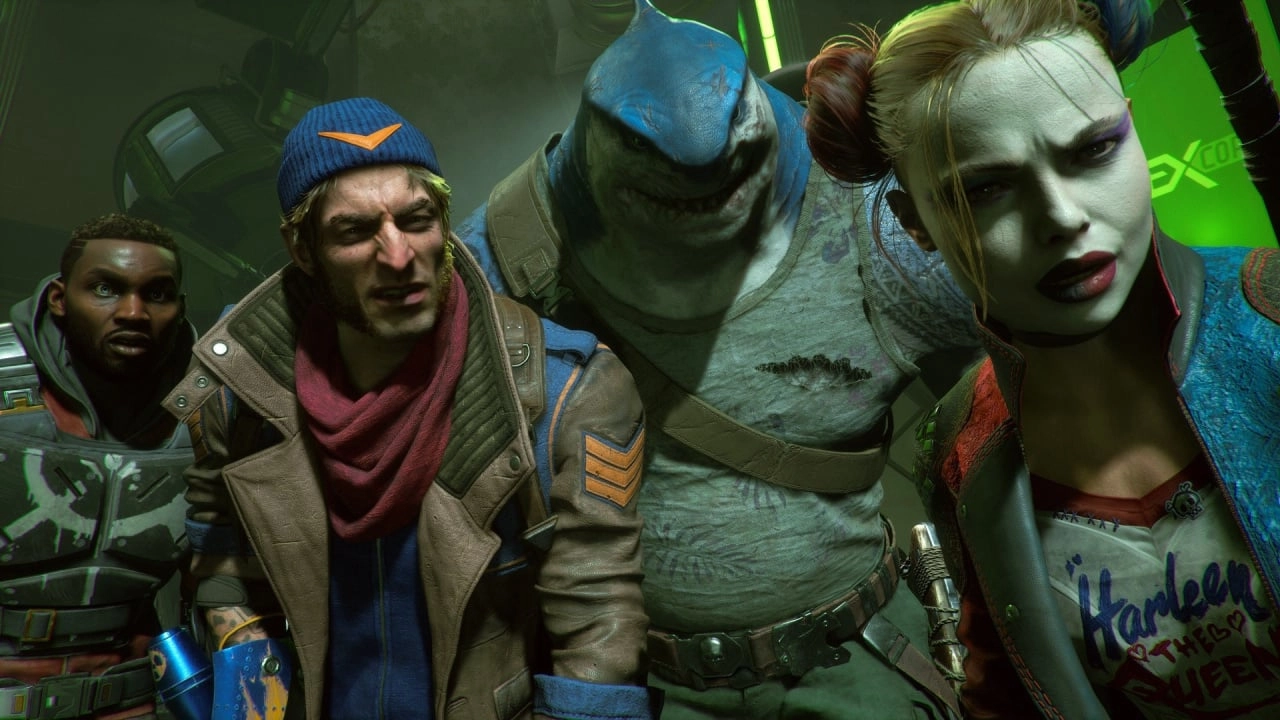
The video game industry is undergoing a transformation, and Warner Bros. Games is at the forefront of this change. The company, known for producing some iconic console games, has revealed plans to shift its focus significantly. Rather than continuing the tried-and-tested method of releasing individual, standalone titles - known colloquially as "one-and-done" games - Warner Bros. is setting its sights on the lucrative world of live service games.
This strategic pivot away from single-release games towards live service models has stirred the gaming community. The move comes at a time when Warner Bros. had just celebrated the success of "Hogwarts Legacy," a title set in the Harry Potter universe, which had become one of the best-selling games of the year. Conversely, their other recent title, "Suicide Squad: Kill The Justice League," didn't manage to hit the mark, falling short of company expectations and culminating a nine-year development process in disappointment.
The insight into Warner Bros.' new strategy came from a webcast where JB Perrette, Warner Bros. Discovery's gaming boss, discussed what is on the horizon for the company. Perrette's comments highlight the desire to develop games that are not isolated experiences but rather ones that create and sustain a living, evolving world where players can continuously interact, build, and play.
One of the driving factors behind this shift is the realization that the AAA console gaming market is currently quite volatile. The success of a game like "Hogwarts Legacy" is challenging to replicate, and when big-budget titles like "Suicide Squad: Kill The Justice League" do not perform as expected, it can be a costly gamble. Live service games, on the other hand, offer a more stable revenue model, as they can generate continuous income through in-game purchases and regular content updates.
The live service approach is already prevalent in the gaming industry, with titles like "Fortnite," "Destiny 2," and "World of Warcraft" demonstrating how a game can maintain a large player base and continue to be profitable over an extended period. These games are designed to be dynamic, receiving regular updates that provide new content, events, and features, which in turn keep players engaged and encourage them to spend money within the game.
Warner Bros.' intention to focus on live service games promises to create worlds that players can return to time and again, forming communities and participating in a shared experience that evolves over time. While this could mean fewer traditional sequels to popular games, it also opens up opportunities for deeper, more immersive gaming experiences that could potentially last for years.
Despite this strategic shift, there will undoubtedly be questions about how Warner Bros. plans to implement their new model effectively. The comparison between the warmly received "Hogwarts Legacy" and the panned "Suicide Squad: Kill The Justice League" indicates that not all live service games are guaranteed successes. It will be crucial for Warner Bros. to carefully develop their live service offerings, ensuring high-quality content that engages players and lives up to their expectations.
Moreover, the transition to live service games is likely to involve a learning curve, both for the developers and for the players who are used to the traditional way of gaming. It will be interesting to observe how Warner Bros. navigates these challenges and whether they can create live service games that are not only financially successful but also beloved by the gaming community.
The gaming world is watching closely to see what Warner Bros. will bring to the live service landscape. Fans may have mixed feelings, with some eagerly anticipating new, continually updated gaming universes, and others possibly mourning the decline of standalone blockbuster titles. Only time will reveal the full impact of Warner Bros.' decision to bet on the live service model, but one thing is certain: the future of gaming at Warner Bros. is set to be an ever-evolving journey.
You must be logged in to post a comment!